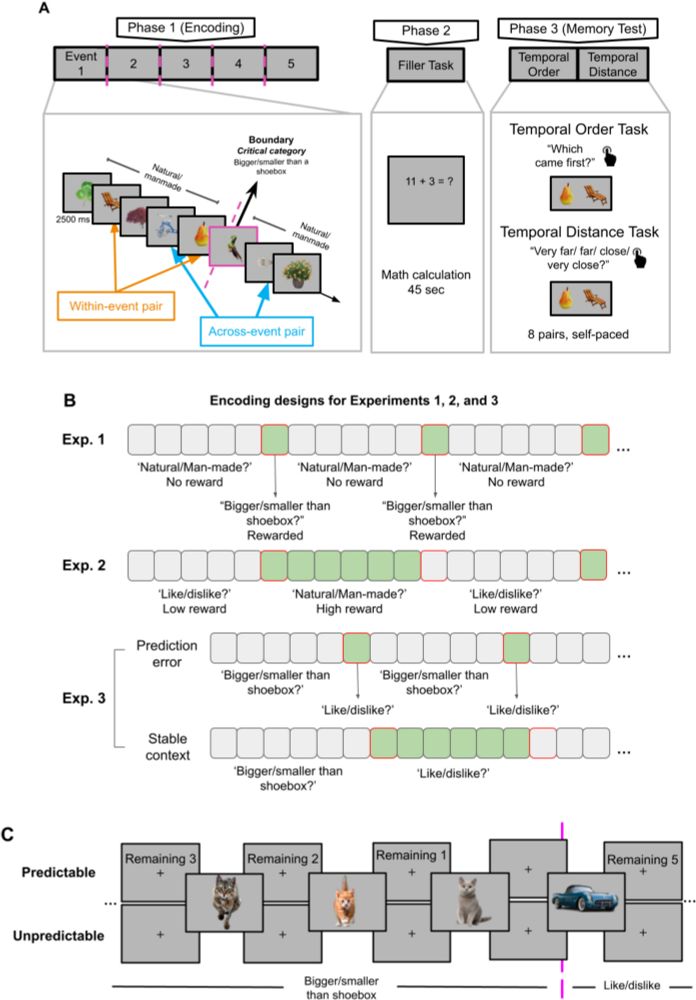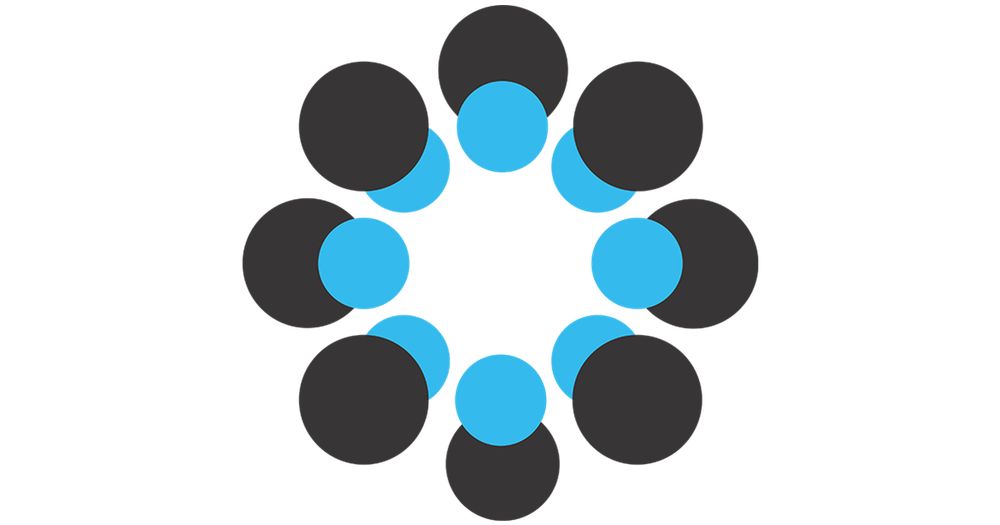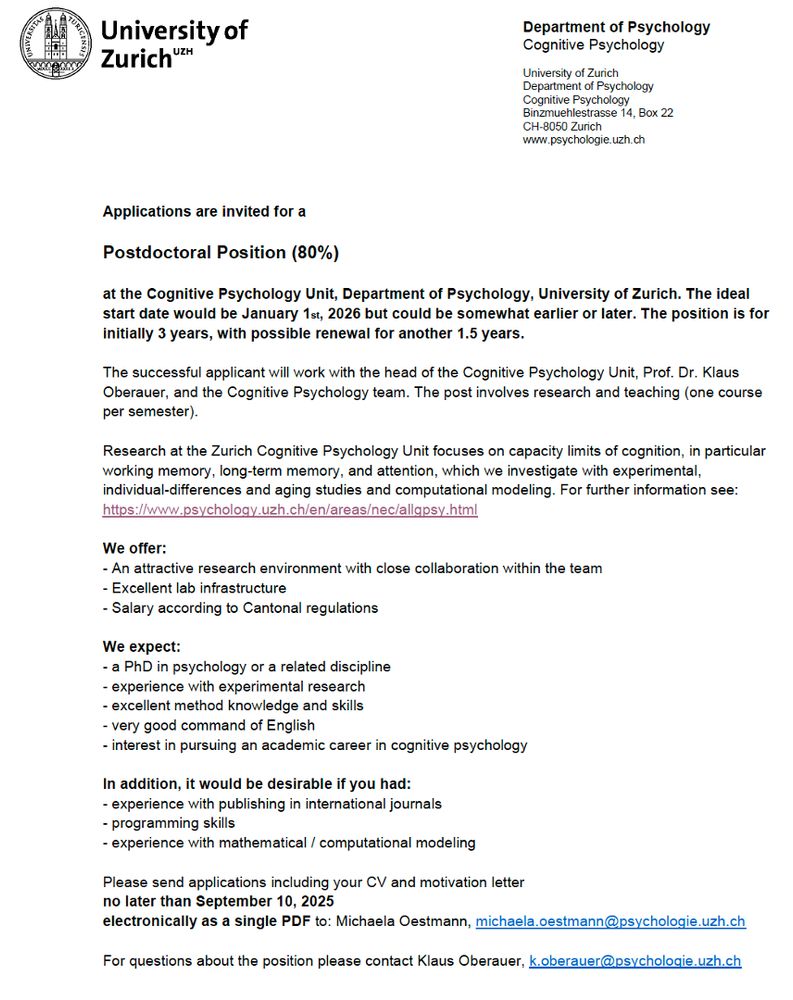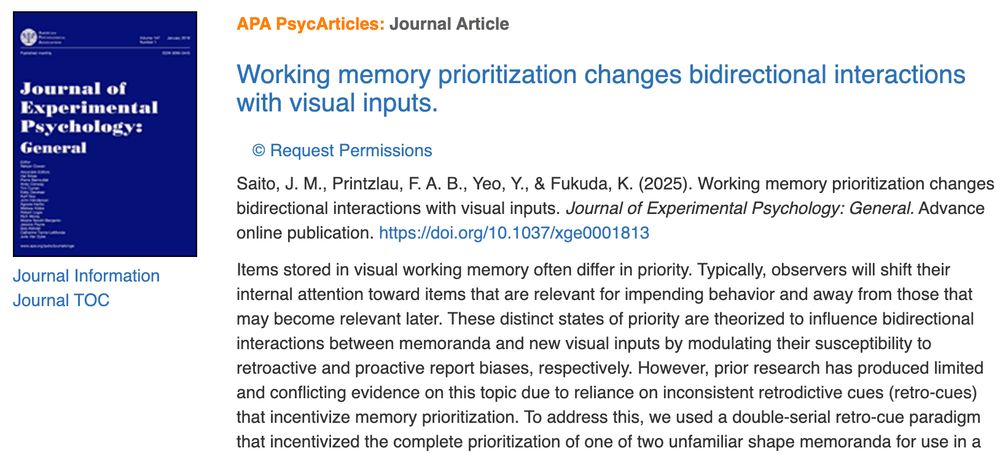Philipp Musfeld
@philippmusfeld.bsky.social
2.2K followers
190 following
79 posts
Postdoctoral researcher in the Cognition Lab at University of Zurich. Interested in working memory, long-term memory, computational modeling, theory development and open science.
Posts
Media
Videos
Starter Packs
Reposted by Philipp Musfeld
Reposted by Philipp Musfeld
Reposted by Philipp Musfeld
Eleanor RA Hyde
@erahyde.bsky.social
· Sep 3
Reposted by Philipp Musfeld
Reposted by Philipp Musfeld
Reposted by Philipp Musfeld
Reposted by Philipp Musfeld
Reposted by Philipp Musfeld
Reposted by Philipp Musfeld
Evie Vergauwe
@evievergauwe.bsky.social
· Jun 30
Reposted by Philipp Musfeld
Reposted by Philipp Musfeld
Reposted by Philipp Musfeld
Reposted by Philipp Musfeld
Berna Güler
@bernaguler.bsky.social
· Jun 27

Prediction error is out of context: The dominance of contextual stability in structuring episodic memories - Psychonomic Bulletin & Review
Our everyday experiences unfold continuously, yet we segment them into distinct memory units—a phenomenon known as event segmentation. Although extensively studied, the underlying mechanisms of event ...
link.springer.com
Reposted by Philipp Musfeld
Vanessa Loaiza
@vmloaiza1.bsky.social
· Jun 11
Reposted by Philipp Musfeld
Reposted by Philipp Musfeld
Reposted by Philipp Musfeld
Reposted by Philipp Musfeld
Henrik Singmann
@singmann.bsky.social
· Apr 27

Extreme-Value Signal Detection Theory for RecognitionMemory: The Parametric Road Not Taken
Signal Detection Theory has long served as a cornerstone of psychological research, particularly in recognition memory. Yet its conventional application hinges almost exclusively on the Gaussian…
doi.org
Reposted by Philipp Musfeld

![R code and output showing the new functionality:
``` r
## pak::pkg_install("quentingronau/bridgesampling#44")
## see: https://cran.r-project.org/web/packages/bridgesampling/vignettes/bridgesampling_example_stan.html
library(bridgesampling)
### generate data ###
set.seed(12345)
mu <- 0
tau2 <- 0.5
sigma2 <- 1
n <- 20
theta <- rnorm(n, mu, sqrt(tau2))
y <- rnorm(n, theta, sqrt(sigma2))
### set prior parameters ###
mu0 <- 0
tau20 <- 1
alpha <- 1
beta <- 1
stancodeH0 <- 'data {
int<lower=1> n; // number of observations
vector[n] y; // observations
real<lower=0> alpha;
real<lower=0> beta;
real<lower=0> sigma2;
}
parameters {
real<lower=0> tau2; // group-level variance
vector[n] theta; // participant effects
}
model {
target += inv_gamma_lpdf(tau2 | alpha, beta);
target += normal_lpdf(theta | 0, sqrt(tau2));
target += normal_lpdf(y | theta, sqrt(sigma2));
}
'
tf <- withr::local_tempfile(fileext = ".stan")
writeLines(stancodeH0, tf)
mod <- cmdstanr::cmdstan_model(tf, quiet = TRUE, force_recompile = TRUE)
fitH0 <- mod$sample(
data = list(y = y, n = n,
alpha = alpha,
beta = beta,
sigma2 = sigma2),
seed = 202,
chains = 4,
parallel_chains = 4,
iter_warmup = 1000,
iter_sampling = 50000,
refresh = 0
)
#> Running MCMC with 4 parallel chains...
#>
#> Chain 3 finished in 0.8 seconds.
#> Chain 2 finished in 0.8 seconds.
#> Chain 4 finished in 0.8 seconds.
#> Chain 1 finished in 1.1 seconds.
#>
#> All 4 chains finished successfully.
#> Mean chain execution time: 0.9 seconds.
#> Total execution time: 1.2 seconds.
H0.bridge <- bridge_sampler(fitH0, silent = TRUE)
print(H0.bridge)
#> Bridge sampling estimate of the log marginal likelihood: -37.73301
#> Estimate obtained in 8 iteration(s) via method "normal".
#### Expected output:
## Bridge sampling estimate of the log marginal likelihood: -37.53183
## Estimate obtained in 5 iteration(s) via method "normal".
```](https://cdn.bsky.app/img/feed_thumbnail/plain/did:plc:lgxrkw556dtxkplwrj5rzlli/bafkreicf6zdyyjmaxrdfyq2sekokprym3c2o5atca6i2cczcx5zec4q4hm@jpeg)




